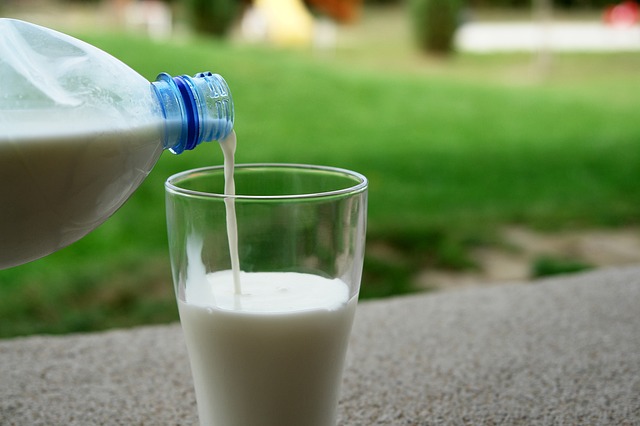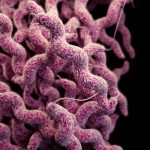Following reports from the South Lakeland District Council less than two weeks ago of an investigation into a half-dozen confirmed Campylobacter cases linked to a Kendal farm, the case count has reached 56, according to a Food Quality News report today.

The report states that the illnesses are most likely caused by the consumption of unpasteurized (raw) milk from a vending machine at Low Sizergh Barn Farm, Kendal. The suspected vending machine has since been shut down while the investigation and further testing continue.
South Lakeland District Council officials say the business owner is helping with inquiries and in the meantime has voluntarily agreed to suspend the sales of raw milk to the public.
Campylobacter is the most common cause of food poisoning in the UK. The bacteria are usually found on raw or undercooked meat (particularly poultry), unpasteurized milk, and untreated water.
The incubation period (the time between eating contaminated food and the start of symptoms) for food poisoning caused by campylobacter is usually between two and five days, but can be up to 10 days. The symptoms usually last less than a week.
Campylobacter poisoning usually leads to symptoms that include abdominal pain, severe diarrhea and, sometimes, vomiting.
Although not usually serious in healthy adults, it can be more serious in young children or someone vulnerable to the effects of dehydration, such as the elderly and those with a pre-existing health condition.

Image/CDC
Anyone who may have consumed raw milk from Low Sizergh Barn and thinks they may have campylobacter food poisoning should contact a health professional if their symptoms are severe or don’t start to improve in a few days. If they have recently purchased raw milk from the site they are being advised not to drink it.
“The Food Standards Agency (FSA) is leading on the ongoing investigation at the farm and they are working to ensure measures are in place to prevent the public consuming unsafe products. Unpasteurized milk was removed from sale at the premises as soon as the campylobacter results were confirmed.’’
An FSA spokesperson said: “Long-standing FSA advice has been that vulnerable people – that’s older people, infants, children, pregnant women and those with weakened immune systems – are particularly vulnerable to food poisoning and that is why these groups should not be consuming raw drinking milk because it has not been heat treated.”
Related:
- HIV in the Philippines: Condom distribution to ‘hopefully’ start in 2017
- Austria reports imported cutaneous diphtheria in traveler to Sri Lanka
- Salmonella risk prompts Tupperware brand Southwest Chipotle Seasoning recall


One thought on “Campylobacter: Dozens sickened in north west England, linked to raw milk”